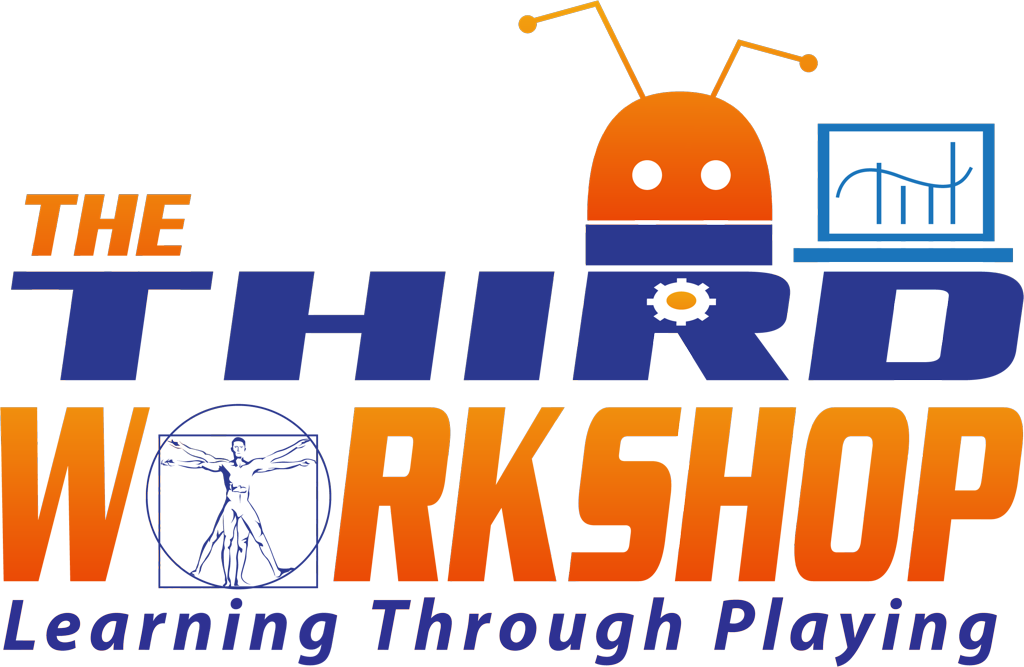General FAQ
What are the long term goals for The Third Workshop?
The long term goals are to branch out workshops into regions where there's the greatest need. Areas that: don't have resource availability, have underrepresented minorities and women in technological roles, don't have access to mentors that can help guide young people towards useful technological skills, etc. I'll be tracking and documenting this first workshop's progress, and will apply what I've learned to opening new workshops in the future.
...and who are you (Glenn Sugden)?
Another somewhat lazy answer, my (detailed) resume, is on LinkedIn.
For a more relevant bio, please see my "About Team: Glenn" page.
But these "classes" already exist!
...and that's true - I even have a few of the best linked to this website (see some of the "Challenges"and "Resources"). However, what is usually missing is a live mentor - someone who can help guide you to a solution without just giving you the answers. "Classes" also (already) dictate a structure .. a syllabus, or curriculum .. and we don't start with those limits. People here play and discover what they find interesting, and then go deeper in understanding what they are passionate about. Most school classrooms just aren't set up to do this, especially computer science / electrical engineering based classes.
What are you trying to accomplish?
My goal is to provide people with a playful, productive, supportive environment to explore problem solving with new technologies. There's a real need for guided, self-paced, self-study, in fields of technology, which is changing at an incredibly fast rate. I will tie projects that kids are passionate about, to learning skills that they can use in "the real world."
What kind of stuff do you have to play with?
Here's a small example (but expanding) list of hardware and software I've got to play and learn with: littleBits, Raspberry Pis, Kano Computers, MakeBlock, Oculus and Vive HTC VR Setups, Lego Mindstorms, Drones, Cozmo bots, SPRK+ bots, and much more... I've also set up a number of PCs (Mac, Windows, and Linux-based operating systems) to explore many different programming languages (e.g. Scratch and Snap!, Python, Java (for Minecraft), C and Unix shell scripting (for general hacking), Swift (for Mac and iOS development), C++ , and many more). I'll encourage and support all kinds of hybrid hacking, too - writing code to control hardware.
What are the hours/days/times/etc?
For now, The Workshop will be open from Wednesday through Sunday, from 10am through 6pm. However, if people are working on something after 6pm, I will let them stay and continue working. Moreover, if you are an assistant or a mentor, you can be here 24/7, even if I've left for the day (or it is a Monday or Tuesday - my "days off.") I can also (fairly easily) be talked into multiplayer gaming after 6pm, too, if it isn't disturbing someone who is working on something.
What is "The Third Workshop?"
The lazy answer is the one-liner from the front page: "A workshop for people of all ages to play, explore, and learn about technology: writing code, creating electronic devices, building robots, and more." To expand on that sentence: The Third Workshop was founded to provide a space for anyone to learn more about solving interesting problems with fun technology. The focus is toward kids, especially those who don't have computer science or electronics courses in their school. However, the space will be available for anyone, age 8 and up, to play/learn/build/explore/discover/etc.
Is there anything else besides just technological skills participants can learn?
I will weave "soft skills" into the playing / learning process, without it being artificially laid over the top (and smothering) interesting projects. For example: let's say 4 people really want to make a game. While they deep-dive into the facets of game development (e.g. code, art, audio, level design, QA, etc.), I can ask them to appoint someone to be in charge of the overall project. Then I can ask another one of them to try and figure out how long it's going to take to finish the game. Finally, I can ask a 3rd person: "Assume beginning programmers make $80,000 per year, how much will it cost someone to make your game?" So, leadership, scheduling, time management, and budgeting, all organically weaved into a project they are passionate about.


